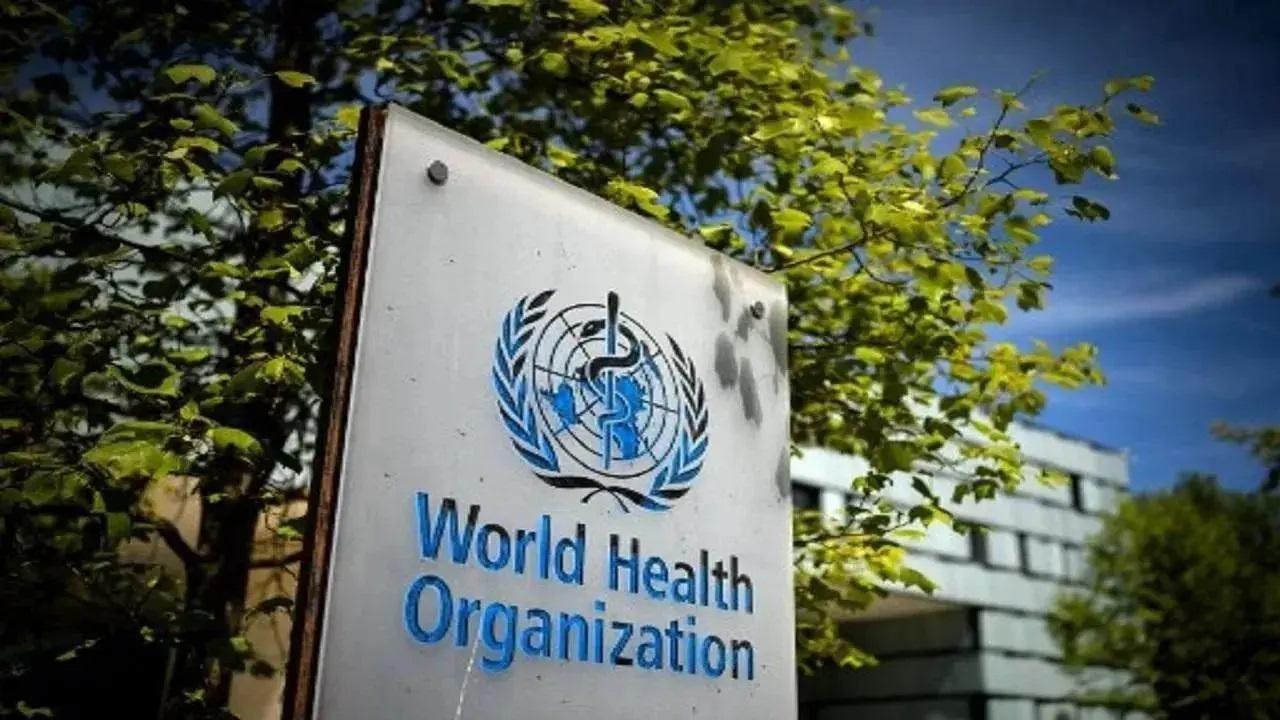The report showed that vaccines against 24 pathogens could help reduce the number of antibiotics needed by 22 per cent or 2.5 billion defined daily doses globally every year. If vaccines could be rolled out against all these pathogens, it could save a third of the hospital costs associated with AMR

Image for representational purpose only. Photo Courtesy: istock
Vaccines are key to preventing infection and thus reducing the use of antibiotics, supporting worldwide efforts to tackle rising antimicrobial resistance (AMR), according to a new report by the World Health Organization (WHO).
The report showed that vaccines against 24 pathogens could help reduce the number of antibiotics needed by 22 per cent or 2.5 billion defined daily doses globally every year. If vaccines could be rolled out against all these pathogens, it could save a third of the hospital costs associated with AMR.
Misuse and overuse of antimicrobials cause AMR, making people sicker and increasing the risk of illness, death, and the spread of infections that are difficult to treat. Every year, AMR claims nearly 5 million lives worldwide.
“Addressing antimicrobial resistance starts with preventing infections, and vaccines are among the most powerful tools for doing that,” said Dr Tedros Adhanom Ghebreyesus, WHO Director-General.
Ghebreyesus called for “increasing access to existing vaccines and developing new ones for critical diseases, like tuberculosis (TB),” to fight AMR.
The report comes as world leaders at the recently concluded 79th UN General Assembly high-level meeting on AMR in September committed to reducing the deaths associated with bacterial AMR annually by 10 per cent by 2030.
The new report estimates that vaccines already in use against pneumococcus pneumonia, Haemophilus influenzae type B (Hib, a bacteria causing pneumonia and meningitis), and typhoid could avert up to 1,06,000 of the deaths associated with AMR each year.
An additional 5,43,000 deaths associated with AMR could be averted annually when new vaccines for tuberculosis (TB) and Klebsiella pneumoniae are developed and rolled out globally.
Further, the report showed that if the Immunization Agenda 2030 target of 90 per cent of the world’s children were vaccinated, as well as older adults, it could save 33 million antibiotic doses against Streptococcus pneumoniae every year.
Typhoid vaccines can save 45 million antibiotic doses; jabs against Malaria caused by Plasmodium falciparum could save up to 25 million antibiotic doses -- often misused to try to treat malaria.
Similarly, new TB vaccines could have the highest impact once they are developed, saving between 1.2 to 1.9 billion antibiotic doses.
 Subscribe today by clicking the link and stay updated with the latest news!" Click here!
Subscribe today by clicking the link and stay updated with the latest news!" Click here!








